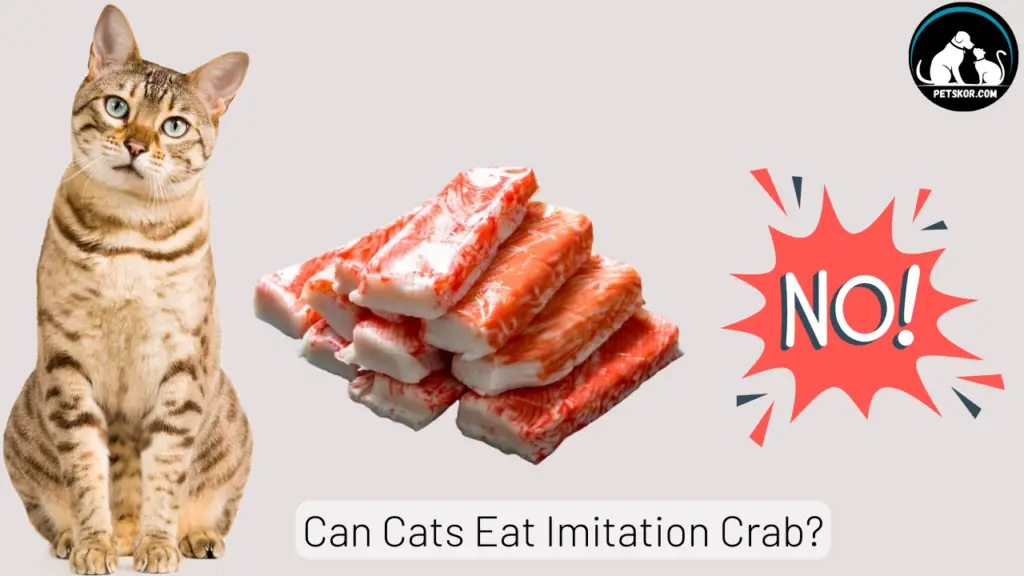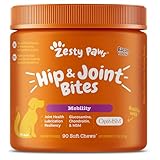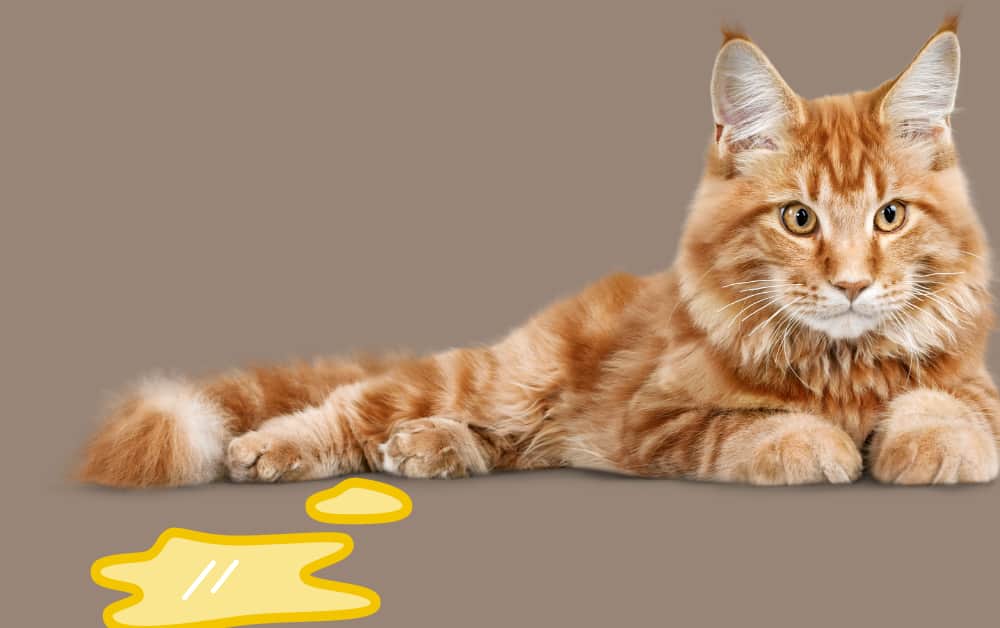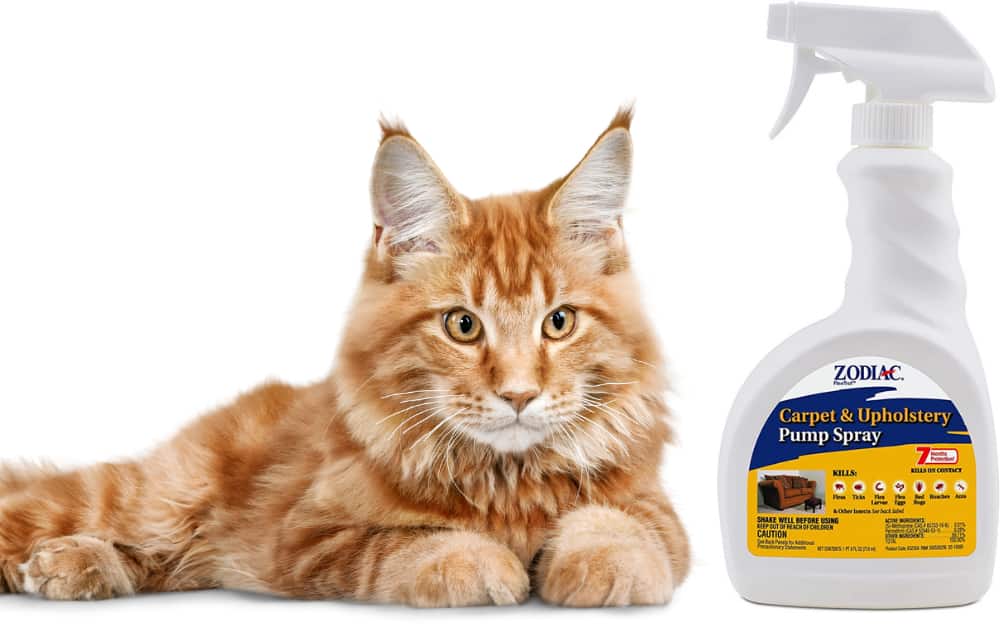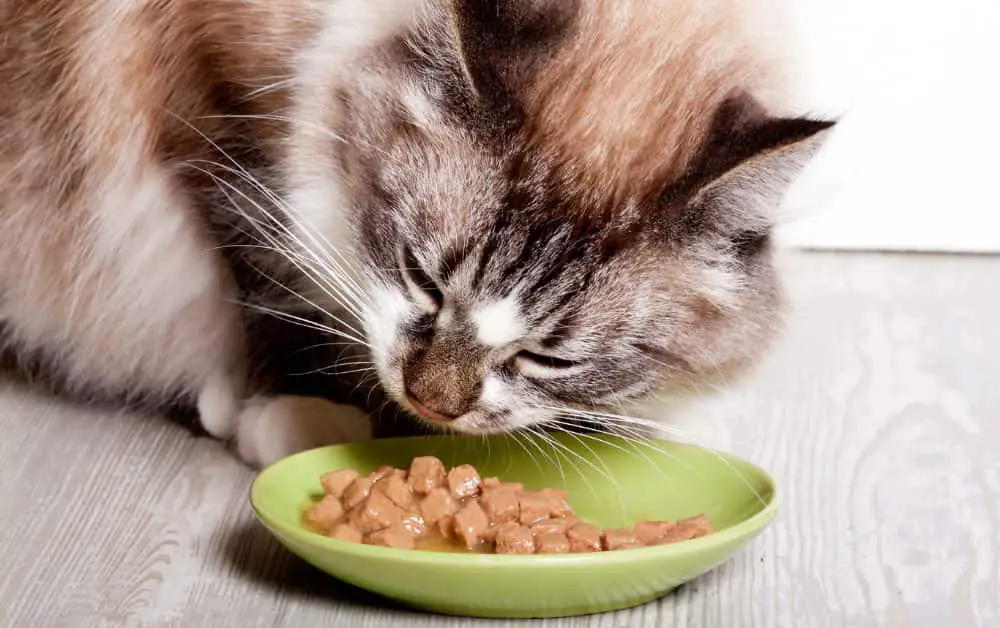Are you a cat owner curious whether sharing your imitation crab snacks with your feline friend is safe? The question of can cats eat imitation crab is a common one among pet owners. In this blog post, we’ll explore the safety and potential risks associated with feeding imitation crab to cats.
From understanding the ingredients in imitation crab to discussing the possible health effects on cats, we’ll provide you with all the information you need to make informed decisions about your cat’s diet.
Let’s explore this intriguing question together.
Can Cats Eat Imitation Crab?
Small amounts of cooked crab meat may be safe for cats as an occasional treat, but imitation crab meat is not recommended for several reasons. Imitation crab meat often contains high levels of sodium, which can be dangerous for cats and may lead to health issues such as dehydration, kidney problems, or high blood pressure.
Imitation Crab Benefits For Cats
-
Flavor appeal: Cats may enjoy the fishy taste.
-
Variety: Offers diversity in the cat’s diet.
-
Protein source: Provides additional protein.
-
Low fat content: Suitable for cats on low-fat diets.
-
Convenience: Readily available and easy to store.
Imitation Crab Risks For Cats
-
Nutritional deficiencies: Lacks essential nutrients found in cat-specific foods.
-
Additives and preservatives: May contain substances harmful to cats’ digestive systems.
-
High sodium content: Excessive intake can lead to dehydration and health issues.
-
Potential allergens: Some cats may be allergic to ingredients like wheat or fillers used in production.
-
Risk of contamination: Possibility of harmful bacteria or contaminants in the product.
Related Post: Can Cats Eat Anchovies?
Safe Alternative
-
Freeze-dried fish treats: Provide a natural and nutritious option for cats, often without additives or preservatives.
-
High-quality cat treats: Specifically formulated for feline nutritional needs, ensuring they get the essential nutrients they require.
-
Cooked plain fish: Offering small portions of cooked fish like salmon or tuna (without any added seasoning or spices) can be a safe and enjoyable treat for cats.
-
Catnip treats: Catnip-infused treats provide mental stimulation and enjoyment for cats without any potential risks associated with human foods.
-
Homemade cat treats: You can make treats at home using cat-friendly ingredients like cooked chicken or turkey, ensuring they’re safe and tailored to your cat’s dietary needs.
Related Post: Can Cats Eat Veggie Straws?
FAQs
Can cats eat real crab meat?
While small amounts of cooked, plain crab meat may be safe for cats as an occasional treat, it’s essential to remove any shells and avoid seasonings or sauces.
Is tuna safe for cats?
While cats may enjoy the taste of tuna, it should be offered sparingly due to its high mercury content. Too much tuna can lead to mercury poisoning and nutrient imbalances in cats.
What other human foods are dangerous for cats?
Foods like chocolate, onions, garlic, grapes, and raisins are toxic to cats and should be avoided. Additionally, foods high in fat or containing bones can pose choking hazards or digestive issues.
How can I satisfy my cat’s craving for seafood?
Consider offering your cat commercially available cat treats or wet cat food with seafood flavors specifically formulated for feline dietary needs.
Should I give my cat raw fish?
Raw fish can contain parasites and bacteria that may be harmful to cats. It’s safer to offer cooked fish in moderation and avoid raw fish altogether.

